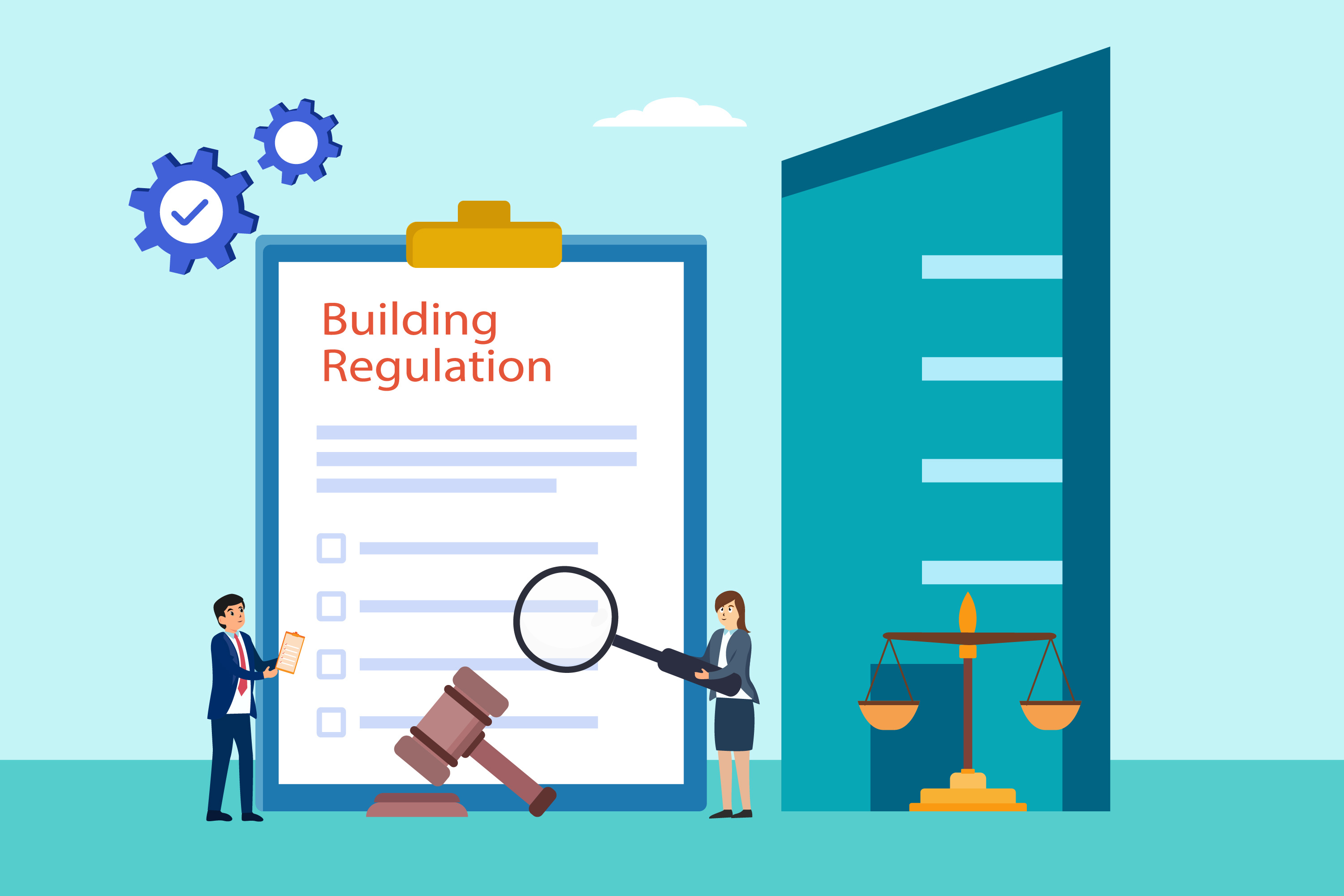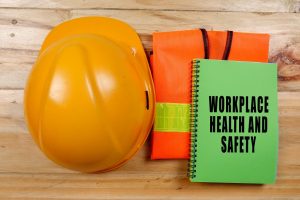
Building codes and inspectors never disappear; they just become stricter and evolve with time. Construction technicians and managers must be aware of all applicable building codes relevant to their building projects. Working on projects in different cities and states requires a comprehensive review of city and county codes and regulations. Contact us today to learn more about the impact of construction codes and regulations on a technician’s role.
Who Are Construction Technicians?
A job-site technician is a skilled tradesperson involved in the construction process of homes and businesses. They appear in many different job titles. It takes a “village” of workers to complete any residential, commercial, or industrial construction project. Their combined knowledge, talents, and work efforts are necessary to perform high-quality work, and stay within budget, and on schedule. Who is included in these teams?
|
|
|
|
|
|
|
|
|
|
|
|
|
Customized homes, business buildings, and other structures may need specialized technicians not on the above list. These can include wall tile installers, demolition techs, landscapers, masons, welders, and elevator installers.
Building Codes Are Requirements For Construction
A building code is a set of regulations written by city or county officials with the help of construction professionals. Its purpose is to govern the design, construction, and modification of homes, commercial buildings, and other structures within the jurisdiction. Building codes are the minimum requirements to ensure safe, resilient, and comfortable structures. The most important and universal building codes include:
- Means of egress covers the number of exits required
- Smoke Alarms must be hardwired and battery backed-up
- Fire Safety covers minimizing fire risk and safe evacuation
- Structural Integrity is about structural strength, such as beams and joists
- Accessibility for people with special physical needs
- Electrical Wiring, Lighting, and Ventilation must be adequate
- Energy Conservation addresses efficient heating and cooling
- Life Safety covers overall safety features
| “Construction technicians and managers must be aware of all applicable building codes relevant to their building projects.” |
Impact Of Construction Codes And Regulations On Technicians
The International Code Council (ICC) produces building codes based on model codes. Technicians must comply with local building departments that review and approve construction plans and specifications before construction begins. They must also perform work that passes inspections conducted during construction to verify compliance with the approved plans.
Building codes apply to all real estate types, including residential, commercial, and industrial. New structures must be built using the most recent codes. Older ones must be brought up to code which means updated to current standards. If technicians perform unacceptable work, a building inspector could deem the structure unfit to live or work in. There are other ways codes and regulations can affect construction technicians, such as:
- Technicians must agree to meet building codes as a condition of employment
- Failure to create work that meets codes can result in fines and/or penalties for construction companies
- Meeting some codes on a complex project may exceed a worker’s knowledge and skills to be hired for the job
- Technicians who commit serious or repeated infractions of codes and regulations can be fired
- Workers must understand the existing codes to prevent serious personal injury or injury to other people
- Technicians learn that codes and regulations set the standards for construction projects
- A new code might require changes in materials, skills, or tools
- Technicians may need additional training to adapt to a new building code
As you can see, building codes not only set the standards for structures including homes, but they also help define a technician’s knowledge, role, and skills to deal with them.
In Summary
 Building codes are rules that govern construction projects that keep evolving. They reflect our changing understanding of how to create safe, sustainable, and efficient projects for society’s needs. Learning and applying them pose challenges but they also offer opportunities for improvement through innovation.
Building codes are rules that govern construction projects that keep evolving. They reflect our changing understanding of how to create safe, sustainable, and efficient projects for society’s needs. Learning and applying them pose challenges but they also offer opportunities for improvement through innovation.
A construction technician’s role must evolve with changing codes and regulations through additional education and training. The future will bring codes that will continue to shape the construction industry to create functional, beautiful, safe, and sustainable homes and buildings for the next generation.
If you want to learn more about a career in construction management, request information from ITI Technical College in Baton Rouge. Our Associate of Occupational Studies (AOS) Degree in Construction Management provides the knowledge and skills to prepare you for an entry-level job in this occupation.
For more information about graduation rates, the median debt of students who completed the program, and other important information, please visit our website: https://iticollege.edu/disclosures/





